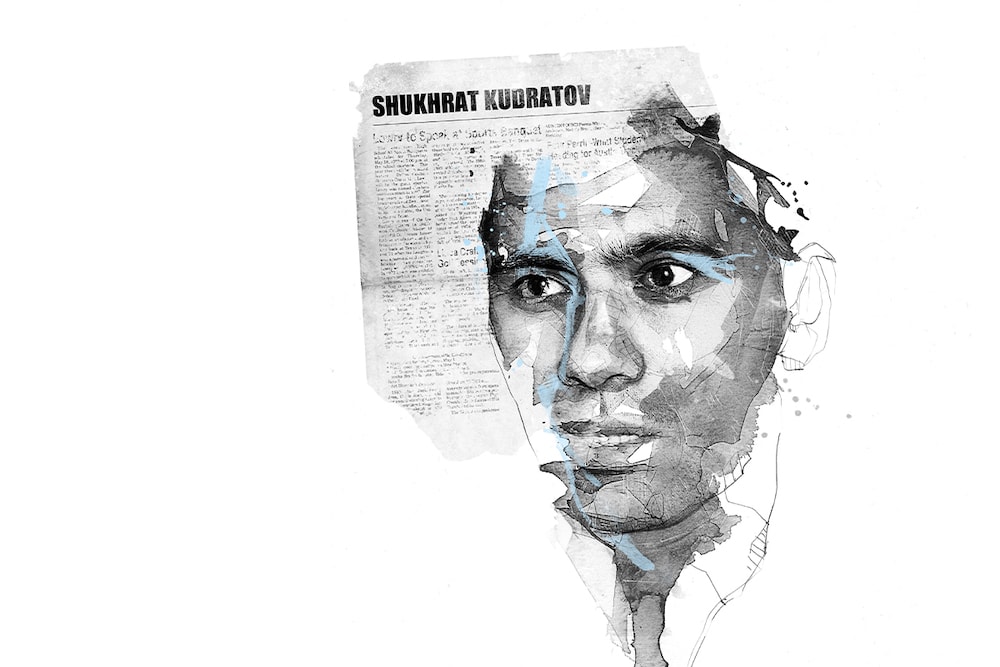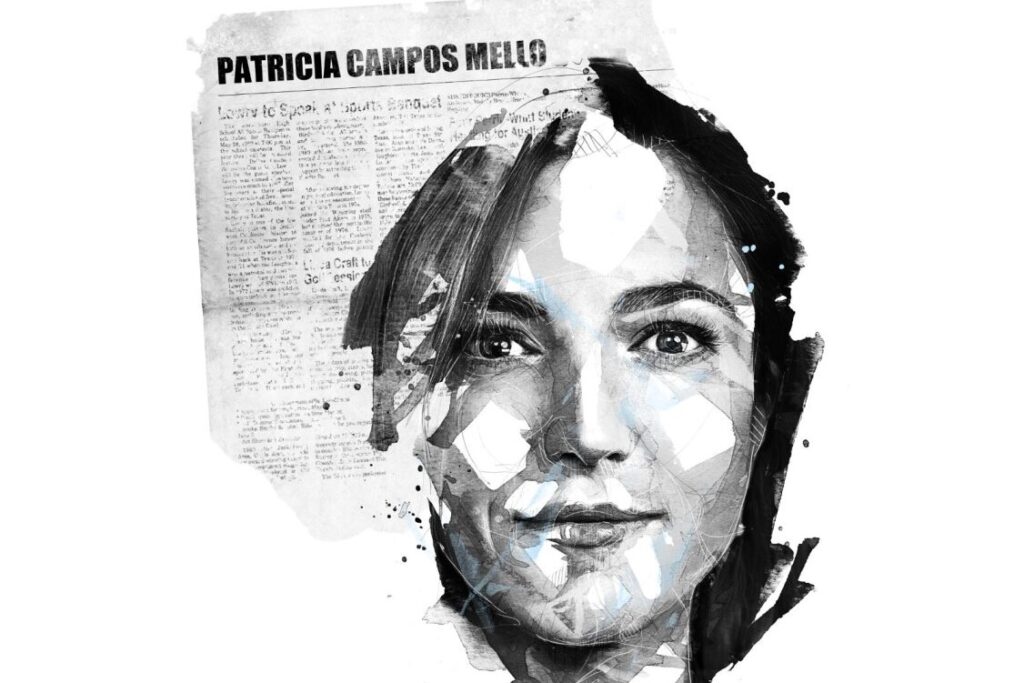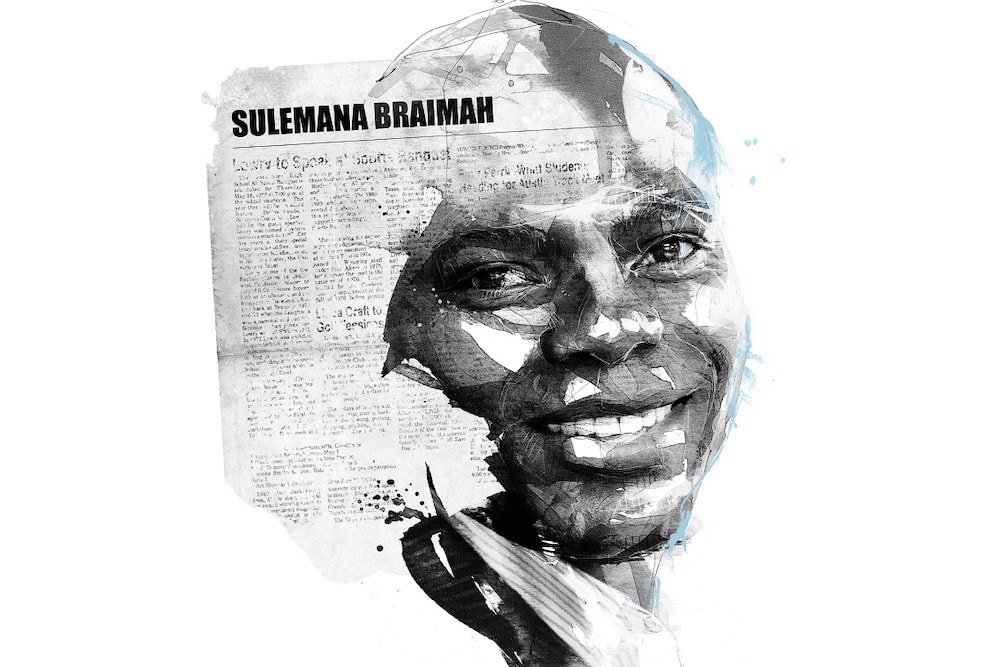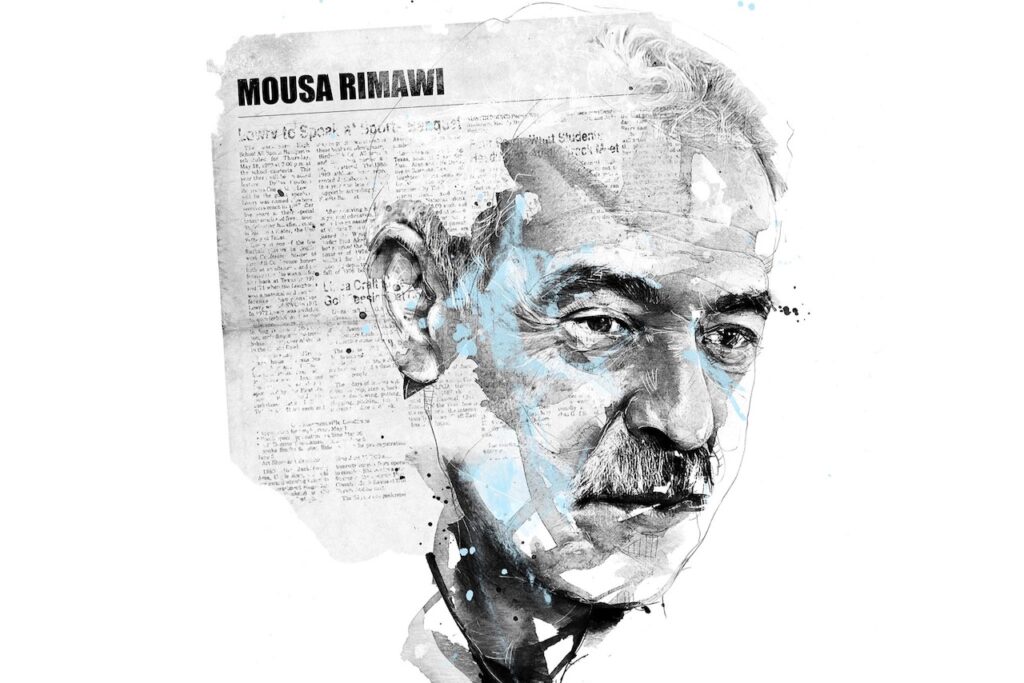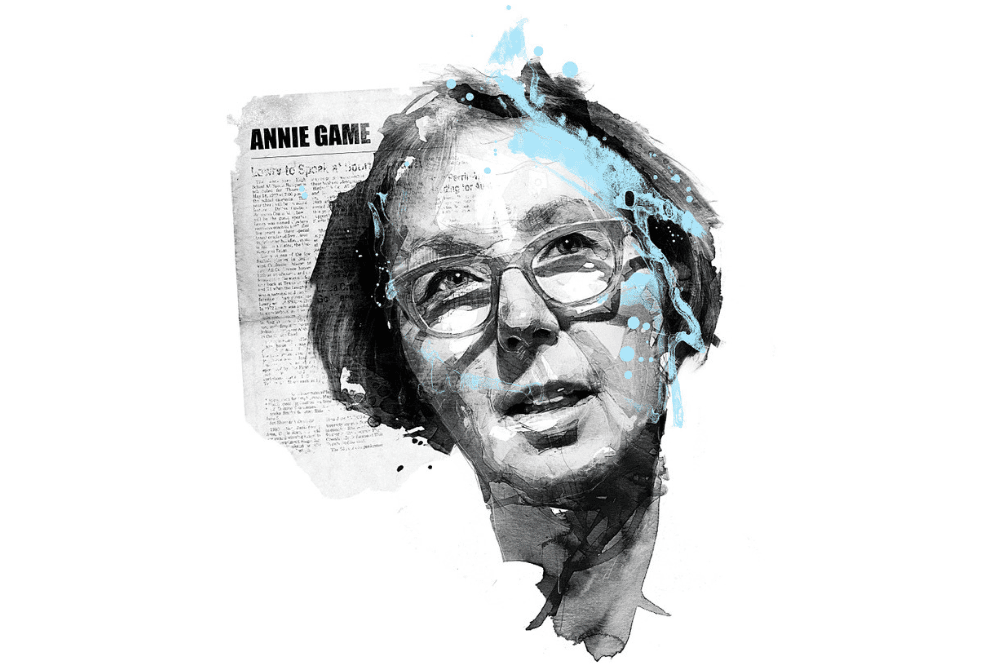Tajik human rights lawyer Shukhrat Kudratov spent four years and one month behind bars on politically motivated charges linked to his defence of an imprisoned opposition party leader.
In a Human Rights Watch statement published in January 2015, Europe and Central Asia researcher Steve Swerdlow reflects on Shukhrat Kudratov's imprisonment: "Kudratov's prosecution, which we believe to be politically motivated, strikes directly at the independence of the legal profession in the country."
Tajik human rights lawyer Shukhrat Kudratov spent four years and one month behind bars on politically motivated charges linked to his defence of an imprisoned opposition party leader.
Kudratov’s caseload over the years has ranged from political activists, victims of torture and police abuse, to those accused of ‘religious extremism’. One of the few lawyers in the country willing to take up such issues, he was recognised by the Tajik Bureau for Human Rights and the Rule of Law with its Human Rights Defender of the Year award in 2011.
Kudratov is also known for his work as lawyer for the independent news service, Asia-Plus, described as one of the most important news outlets in Tajikistan – as well as being one under constant government scrutiny. It has suffered defamation suits, intimidation of its staff and periodic blocking of its social media and web sites. This harassment has extended to its legal team. One example is from 2011, when Kudratov reported that he and another lawyer were threatened by a police officer that he would ‘put a bullet to their foreheads’. The officer was a defence witness supporting a colleague on trial in a libel case against the newspaper.
In 2013, Kudratov took up the defence of Zaid Saidov, a businessman turned politician, who in March 2013 set up the New Tajikistan party and who planned to stand as a candidate in the Presidential elections, which were to be held in November that year. However, Saidov’s ambitions were thwarted when, in May 2013, he was arrested and subsequently convicted of fraud, polygamy and sexual offences. He will serve a total of 29 years in prison. Saidov’s party is just one of several whose members have been accused under spurious charges of sexual and financial offences involving the Social Democratic Party, of which Kudratov is deputy head.
In July 2014, Kudratov himself was arrested on charges of bribery and fraud, just days after he had sent an appeal to non-governmental organisations and diplomatic missions highlighting irregularities in the Saidov case. In his appeal, he spoke of intimidation, harassment and even death threats made against him, his family and other lawyers working on the case during and after the trial. In November 2014, an International Commission of Jurists delegation visited Tajikistan and declared that Kudratov’s conviction appeared to be in reprisal for his defence of Saidov. It added that his imprisonment would have a chilling effect on the independence of lawyers across Tajikistan.
In January 2015, Kudratov was sentenced to nine years imprisonment, to be served in a strict penal colony. He was also banned from practicing law for two years after his release. His sentence was later reduced to three years.
Kudratov is just one of several human rights lawyers in Tajikistan who have been arrested, threatened and suffered reprisals for their defence of opposition figures, a situation that is getting more acute, according to an October 2015 Human Rights Watch report. Allegations of sexual impropriety and other spurious charges were made against opposition party members who stood for parliamentary elections in March 2015. Under these conditions, it is perhaps no surprise that President Rahmonov’s ruling party won the election with 65 per cent of the vote, while those parties that had come under attack in the election run-up failed to meet the parliamentary threshold. The head of the Organisation for Security and Cooperation in Europe observation team that monitored the election, Miklos Harastzi, said: “Genuinely democratic elections cannot be held without real debate in the media, an independent election administration, and an environment free of repression. Unfortunately all of these were missing.”
Kudratov was released from prison on 24 August 2018, having served a total of four years and one month behind bars. He is currently banned from practising law and must pay an 8,000 euro fine or return to prison.
Illustration by Florian Nicolle
